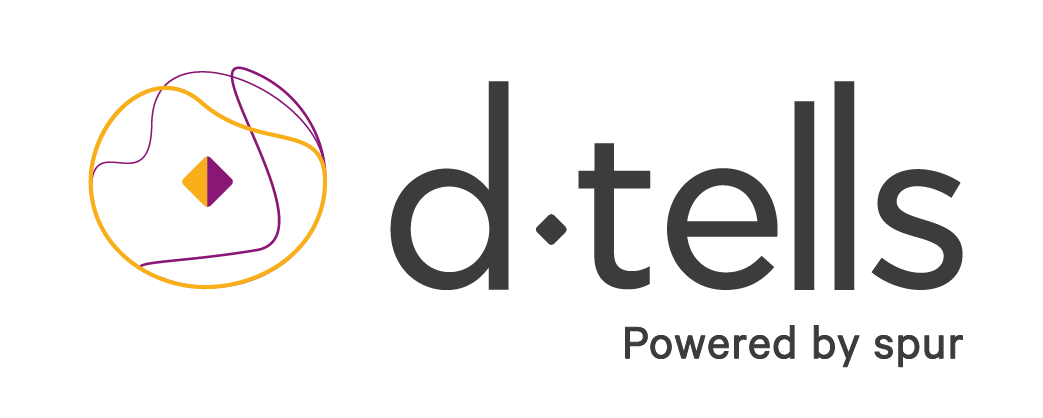To access the SPUR™ research website, click here
Objective
The aim of this study was to evaluate and refine the psychometric properties of the SPUR™ questionnaire to develop its scoring algorithm.
The 3 key outputs to keep in mind
- SPUR™ is a validated tool for measuring non-adherence
- Validation and finalization of the scoring algorithm
- Validation and finalization of the questionnaire
Methodology
The study used data collected via a survey of type 2 diabetes patients living in France. 245 patients completed a battery of 4 questionnaires including SPUR™ as well as questions about their sociodemographic and clinical characteristics.
A Partial Credit Model (PCM) analysis was conducted to understand the structure of the SPUR™ tool and determine whether all items reflect the same underlying concept.
The initial structure of the SPUR™ questionnaire was tested using Principal Component Analysis (PCA). The PCA aimed at evaluating whether empirical data confirms the hypothesized structure, and at defining adjustments that mau be needed in the construction of the scoring algorithm.
The final structure of SPUR™ was determined using the following elements:
- The hypotetical structure of SPUR
- the Kaiser Criterion provided by PCA
- Item fit
- The person-item map generated by PCM analysis
Concurrent validity was assessed by calculating Spearman's correlation coefficients between the final algorithm score of SPUR™ and the MARS total score, the BMQ dimension scores, the latent trait provided by PCM analysis, Medication Possession Ratio (MPR), and HbA1c.
Conclusion
The PCM fit was good and confirmed that SPUR™ responses reflected one underlying latent trait hypothesized as non-adherence.
The PCA results led us to propose a final SPUR™ structure made of four multi-item dimensions (Social, Psychological, Usage and Rational) close to the initial hypothesied structure, which was based on the results of the qualitative interview analysis performed during the SPUR™ item development phase.
The short form of the SPUR™ tool could be used to screen patients for risk and then the other forms will allow the collection the collection of further information to refine the risk assessment and decide the best levers for action.
SPUR™ is a reliable and valid tool to evaluate the risk of non-adherence of patients, allowing effective intervention by providing insights into the respective individual reasons for lack of adherence.
See also
A multiple-cohort analysis of the SPUR 6/24 patient-reported adherence tool
Clinical Ink and Observia: Pioneering Personalized Patient Engagement in Clinical Trials
By your side in 2024: Happy Holidays from Observia!
Need more information?
A burning question, a specific request, a great project to share with us? Get in touch, our teams are here to help!










